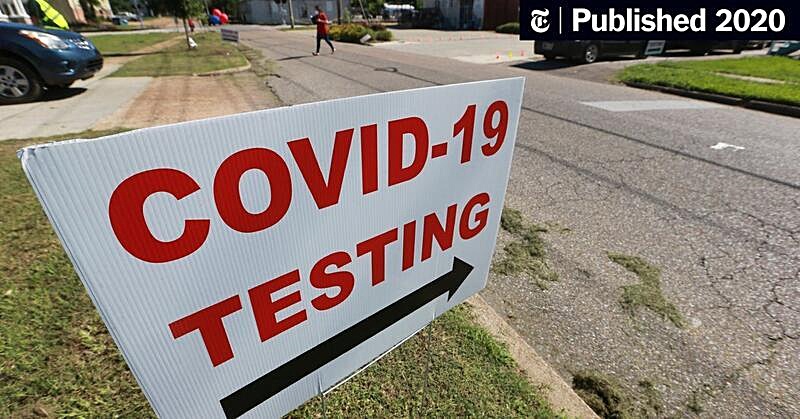The Minnesota Supreme Court has unanimously upheld a 2023 state law that restores voting rights to individuals with felony convictions immediately after they are released from prison.
In a ruling issued on August 7th, the highest court in the state rejected a challenge brought by the nonpartisan organization Minnesota Voters Alliance (MVA) and four citizen plaintiffs. While the court did not comment on the merits of the law, it upheld the rights of convicted felons who have completed their terms of incarceration, including those on parole or probation. The law also requires the Department of Corrections and judiciary officials to inform these individuals in writing of their voting eligibility upon release. It should be noted that incarcerated individuals are still not allowed to vote.
When signing the bill into law, Governor Walz estimated that more than 55,000 convicted felons in Minnesota, who have completed their prison terms, would be immediately eligible to vote. This reform represents the most significant expansion of voting rights in the state in over 50 years, as previously, convicted felons had to wait until the completion of their probation period to regain their voting rights.
The MVA and the citizen plaintiffs argued that Article VII, Section 1 of the Minnesota Constitution guarantees voting rights to felons only after civil rights have been restored. However, the lower court ruled that the taxpayers failed to satisfy this requirement, emphasizing that their challenge was unrelated to the issue of public funds but focused instead on the eligibility of certain citizens to vote.
The MVA appealed the decision to the Minnesota Supreme Court, but the court unanimously agreed with the lower court and concluded that the taxpayers lacked standing to challenge the law. The court stated that the taxpayers could not manufacture standing by pointing to expenditures that are incidental to implementing the law.
The Supreme Court’s ruling comes at a time when early voting for the upcoming primary election is already taking place. Early voting for the general election on November 5th will commence on September 20th.
In response to the ruling, Doug Seaton, president of the organization UMLC, which challenged the law on behalf of the MVA, expressed frustration, stating, “We are deeply frustrated that the Minnesota Supreme Court chose to limit our clients’ rights as taxpayers to challenge their government’s unlawful actions in the courts. This decision avoids the necessary constitutional scrutiny and leaves Minnesotans without a clear resolution regarding the legality of significant changes to our voting laws.”
The MVA has pledged to continue seeking a resolution to government or legislative actions that have a negative impact on Minnesota’s election system.
Discover more from Tension News
Subscribe to get the latest posts sent to your email.

